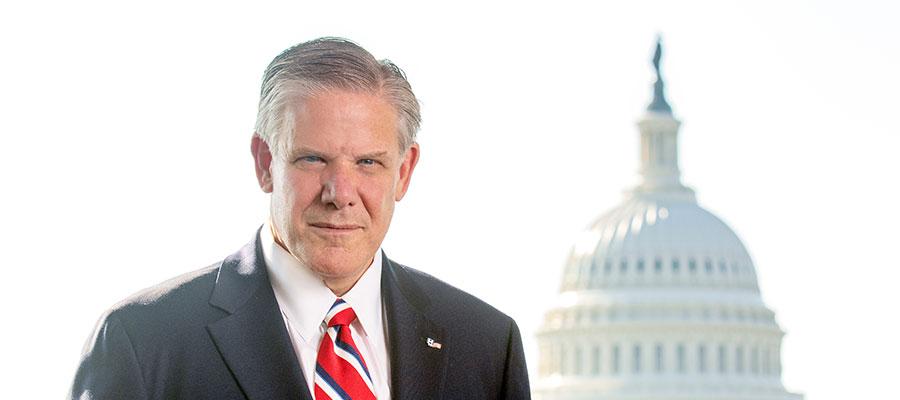Perspective: Supporting Our Rural Hospitals and Communities

In Bellingham, Wash., the PeaceHealth clinic is using community health workers, or promotoras, to help educate farmworkers in rural communities about the importance of getting the COVID-19 vaccine.
In Tuskegee, Ala., Cheryl Owens, a nurse at Central Alabama Veterans Health Care System, is blogging about the benefits and safety of COVID-19 vaccines and encouraging people in her rural community to get vaccinated.
These are just two of many examples of rural providers stepping up to support their communities as our nation continues to recover and rebuild from the devastating effects of the COVID-19 pandemic.
Throughout the pandemic, the AHA has worked with Congress and the Administration to make available more than $178 billion in Provider Relief Funds to health care providers, including more than $10 billion specifically targeted to rural providers. In addition, the AHA advocated for, and the American Rescue Plan Act of 2021 allocated, an additional $8.5 billion in COVID-19 relief for rural providers.
On June 11, the Health Resources and Services Administration awarded $424 million – $100,000 each to 4,200 rural health clinics – to maintain and increase COVID-19 testing; expand access to testing for rural residents; and broaden efforts to mitigate COVID-19’s spread in ways tailored to their local communities. HRSA also recently announced increased funding for rural vaccine confidence and distribution programs, as well as a Small Rural Hospital Improvement Program. You can see more details in our recent Member Advisory.
We appreciate the recognition of the special role rural care providers play in the communities that depend on them for critical health services. Rural providers everywhere were especially hard hit financially by the pandemic, and the closure of even a single site threatens access to care.
The AHA continues to work to ensure that lawmakers understand the depth of the need for dependable rural health care, as well as the extent of resources required to keep care sites open and serving patients.
We urge Congress and the Biden Administration to prioritize funding for the infrastructure that supports rural hospitals and the communities they serve. These key areas of investment include physical infrastructure and “right-sizing,” capacity to enable digital health, workforce support and access to behavioral health services.
In addition, we continue to work with Congress to enact legislation to support rural hospitals and rural communities in other ways. These efforts include:
- Bipartisan legislation (S. 1810/H.R. 3541) to improve and extend the Conrad State 30 program, which allows states to request J-1 visa waivers for up to 30 foreign physicians per year to work in federally designated shortage and underserved areas.
- The Rural Hospital Support Act, which would make permanent the Medicare-Dependent Hospital program and enhanced low-volume Medicare adjustment for small rural prospective payment system hospitals.
- The CONNECT for Health Act (S.1512/H.R. 2903), which would permanently remove all geographic restrictions on Medicare telehealth services and expand originating sites to include home and other sites.
We’re also working to ensure the timely implementation of the Rural Emergency Hospital Medicare payment designation, which will allow rural hospitals to continue to serve the health care needs of their communities by providing emergency and outpatient services without the provision of inpatient services. We appreciate Sens. Chuck Grassley, R-Iowa, and Amy Klobuchar, D-Minn., advocating recently for the Centers for Medicare & Medicaid Services to prioritize this important effort.
Some 60 million rural Americans depend on their hospital as a vital source of care, as well as a critical component of their area's economic and social fabric. As we reimagine our post-pandemic future, the strength and resilience of our rural health care providers must remain a core component of our efforts.

